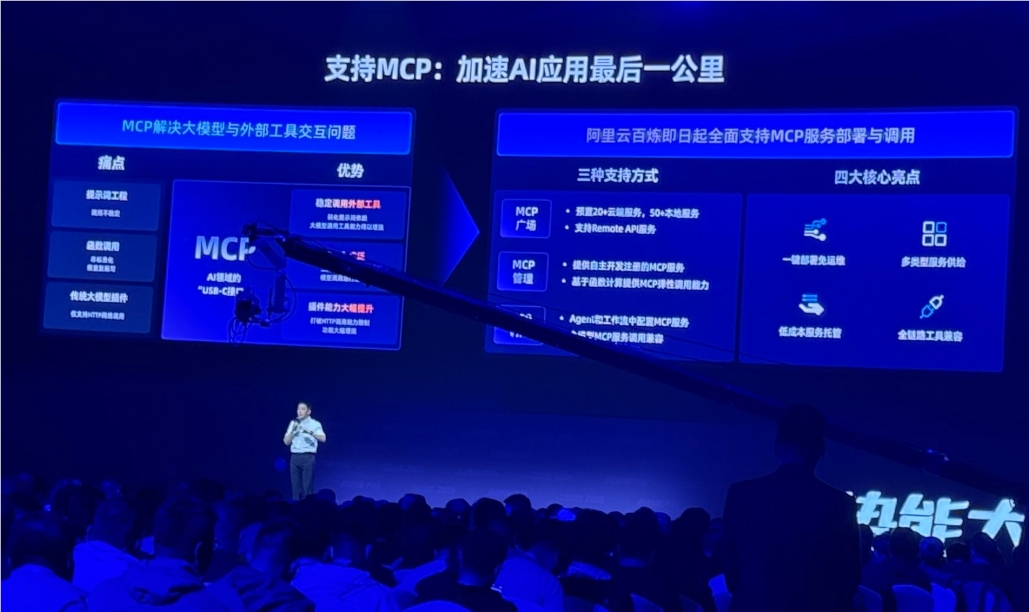Chip giant Nvidia is expanding its territory once again. Recently, Nvidia officially announced its acquisition of the Israeli artificial intelligence startup Run:ai for $700 million. This deal was finally approved after undergoing rigorous scrutiny from regulatory agencies in Europe and the United States, paving the way for Nvidia to further solidify its dominant position in the AI sector.
As the absolute leader in the GPU market, Nvidia currently holds about 80% of the market share. This strong position has drawn the attention of regulatory authorities. The European Commission raised concerns about the merger in October, fearing it might harm the competitive landscape. However, after several months of in-depth investigation, the European Commission granted unconditional approval in early December, concluding that the deal would not significantly impact market competition.

Run:ai's core business is to provide AI computing resource optimization services for developers, which highly complements Nvidia's main business. Notably, Run:ai has announced plans to make its software open source. Although it currently only supports Nvidia's GPUs, the move to open source will undoubtedly help it reach a broader user base, injecting new vitality into the AI ecosystem.
However, this acquisition still faces regulatory pressure in the United States. According to Politico, the U.S. Department of Justice is conducting an antitrust investigation into the deal. This reflects an increasing scrutiny from both U.S. and European regulatory agencies on the merger activities of tech giants, aiming to prevent a weakening of market competition.
This acquisition not only reflects Nvidia's strategic layout in the AI field but also sparks deeper reflection within the industry regarding the merger behaviors of tech companies. As AI technology rapidly evolves, finding a balance between encouraging innovation and maintaining market competition has become an important issue for regulatory agencies to address.






